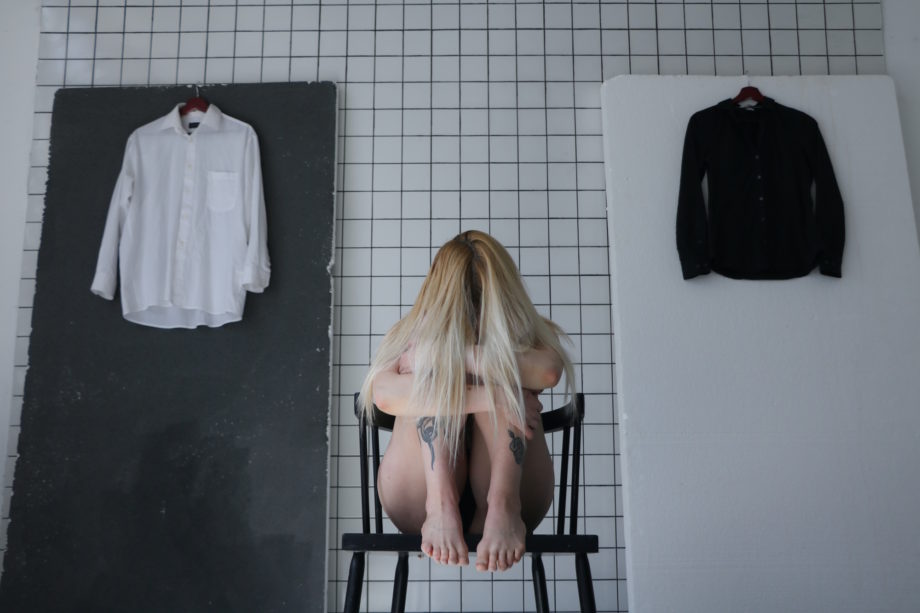How to Know If You Have Postpartum Depression

Bringing a new life into the world is a beautiful and life-changing experience. However, it can also be incredibly overwhelming and challenging, especially for new mothers who may experience a range of emotions during the postpartum period. While it is common for new mothers to experience mood swings, fatigue, and anxiety, some may develop postpartum depression (PPD), which can significantly impact their daily life and ability to care for themselves and their newborn. In this article, we will explore how to know if you have postpartum depression, including the signs and symptoms to look out for, what is considered normal postpartum feelings, and how long the postpartum period lasts.
How do I know if I’m suffering from postpartum? It is normal for new mothers to feel a bit down or anxious in the first few weeks after giving birth. However, if these feelings persist and start to interfere with your daily life, you may be experiencing postpartum depression. Some common symptoms of PPD include:
· Feelings of sadness, hopelessness, and emptiness
· Loss of interest in activities you once enjoyed
· Insomnia or excessive sleeping
· Fatigue and lack of energy
· Changes in appetite or weight
· Difficulty bonding with your baby
· Irritability, anxiety, and agitation
· Feelings of guilt and worthlessness
· Recurrent thoughts of harming yourself or your baby
If you are experiencing any of these symptoms, it is essential to talk to your healthcare provider. They can assess your symptoms, provide a diagnosis, and recommend treatment options.
What are the signs a woman has PPD? The signs and symptoms of PPD can vary from woman to woman, and some may not experience all of them. However, some common signs that a woman may have PPD include:
· Feeling sad, depressed, or overwhelmed most of the time
· Crying more than usual and for no apparent reason
· Feeling irritable, angry, or anxious
· Having trouble bonding with your baby
· Withdrawing from family and friends
· Losing interest in activities you once enjoyed
· Feeling like you’re not a good mother or doubting your ability to care for your baby
· Having trouble sleeping or sleeping too much
· Changes in appetite or weight
· Physical symptoms such as headaches, stomach problems, or muscle aches
· Having recurrent thoughts of harming yourself or your baby
It is important to note that PPD is a medical condition and is not a reflection of your ability to be a good mother. It is treatable, and seeking help is the first step towards recovery.
What is normal postpartum feeling? It is entirely normal for new mothers to experience a range of emotions during the postpartum period, known as the baby blues. The baby blues usually begin within the first few days after giving birth and can last up to two weeks. Some common symptoms of the baby blues include:
· Mood swings
· Irritability
· Anxiety
· Sadness or crying spells
· Difficulty sleeping
· Feeling overwhelmed
· Loss of appetite
It is essential to remember that the baby blues are temporary and typically go away on their own. However, if your symptoms persist or worsen, you may be experiencing postpartum depression.
How long are you considered postpartum? The postpartum period is the time after giving birth when your body is healing and adjusting to its pre-pregnancy state. This period typically lasts six weeks and is when most women experience the baby blues. However, some women may experience symptoms of postpartum depression beyond the six-week mark, and it is essential to seek help if you do.
It is essential to seek professional help if you suspect that you are experiencing postpartum depression. Talk to your doctor or a mental health professional who can provide you with a proper diagnosis and develop a treatment plan tailored to your needs. Remember that seeking help is a sign of strength and courage, and it is crucial to prioritize your mental health and well-being for yourself and your family. Postpartum depression is a treatable condition, and with the right support and resources, you can overcome it and enjoy the joys of motherhood.

Comments are closed.